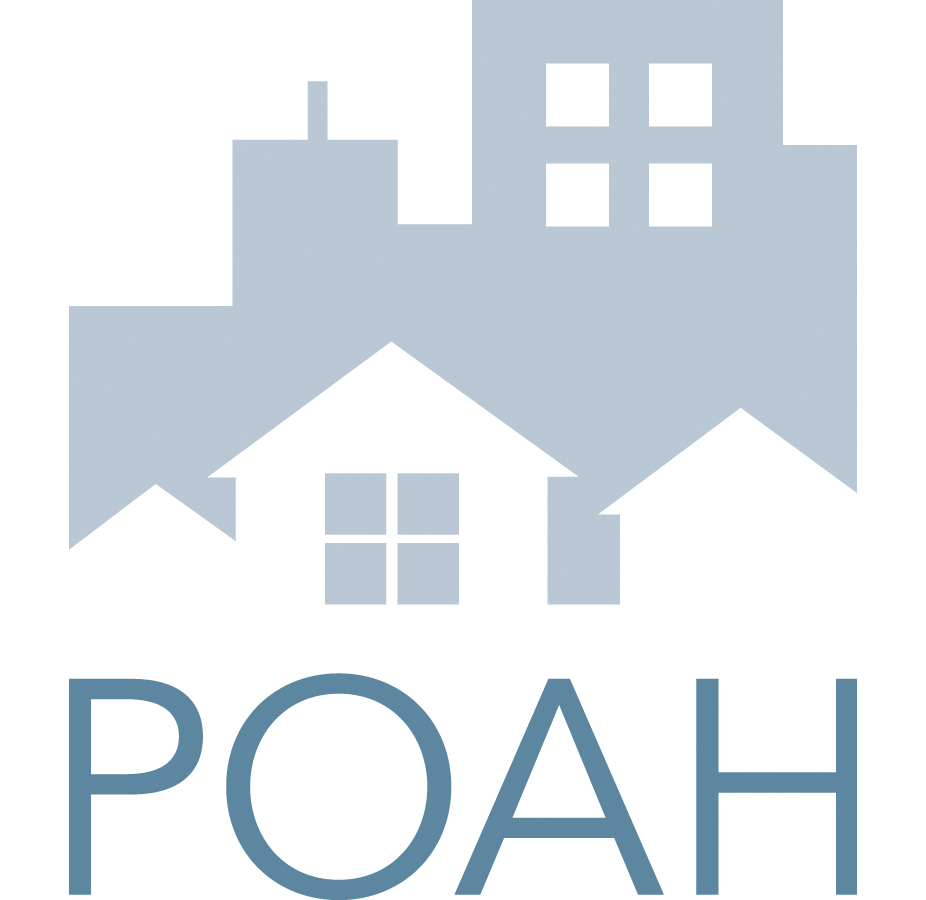FAQs For Sellers
POAH acquires multifamily rental properties in order to preserve and increase housing affordability. We are an active buyer in many regions of the country and purchase a wide range of rental properties, although almost all feature some form of affordability or rental assistance. POAH’s Acquisitions team works with property owners, residents, public agencies, and other stakeholders to structure successful preservation transactions. We’ve built a track record across more than 120 properties and 12,000 apartments by delivering value across multiple priorities.
If you are an owner of a multifamily property seeking a reputable buyer that can deliver value for your asset, close quickly, and tackle complicated transactions involving multiple stakeholders and regulators, please contact POAH’s Acquisitions Department or call us at (617) 449-1013.
Please click through sellers’ frequently asked questions below for more information on specific property types and transaction considerations.
Because POAH is a nonprofit, owners may receive federal and state tax benefits for donating part or all of the value of their property to POAH. For some sellers, a so-called "bargain sale" transfer (part cash, part donation) will yield a better after-tax result on the sale of a property than an all cash sale. In some states (such as Massachusetts, Missouri and Illinois) there are state "donation tax credit" programs which provide additional state tax incentives (tax credits, which may be sold for cash or retained and used) in addition to the federal tax incentives. Not all taxpayers can access these benefits; accordingly, individuals should consult their tax advisor.
POAH has the financial capacity, experience and expertise to close on acquisitions very quickly – within 60 days, when circumstances warrant. We have a robust balance sheet – nearly $1 billion in real estate controlled and nearly $50 million in net assets – and as a result we have strong access to capital which can be deployed for rapid acquisitions. Moreover, our long track record – more than 120 properties and more than 12,000 units and counting – means we can assess each transaction’s issues and provide predictable timing for sellers.
In most cases the management agreement can be negotiated separately from the purchase of the property.
POAH, HUD and state housing finance agencies are all seeking to preserve properties "at-risk" of losing their affordability and have generally made special resources available to do so. POAH has purchased several dozen "at-risk" properties, and generally HUD and/or the state have made additional resources available to encourage such preservation, and make sure that sellers are not financially disadvantaged by selling their property to an entity which intends to preserve it as affordable.
Depending on the circumstances and the terms of the partnership agreement, limited partnership interests can be sold and/or donated to POAH.
Yes. POAH recognizes that a large proportion of low and moderate income Americans live in rental housing which is not publicly subsidized or assisted, and we are interested in preserving the affordability of such “naturally affordable” housing. Generally we are focused on housing which includes units affordable to households at or below 80% of Area Median Income, whether or not those units are publicly assisted. We also actively pursue mixed-income communities, as long as affordable units represent a meaningful (at least 25%) share of the overall community.
POAH and its public sector partners are seeking to preserve properties whose long-term affordability may be at risk, and have generally made special resources available to do so. POAH has acquired and preserved the affordability of dozens of "at-risk" properties, and has a long track record of structuring transactions that are competitive with market-conversion sales. POAH is often able to work with public partners to deliver value through preservation transfers for owners who would otherwise face multiple years of remaining restrictions before realizing any value.
As a non-profit, POAH is able to access the non-profit owner incentives of the Mark to Market program, and is actively pursuing such acquisitions. In most cases, POAH can structure the transaction so that the owner will, at a minimum, receive cash sufficient to pay ‘exit taxes’ (i.e. tax-imputed gain at disposition), and can sometimes provide more. For each transaction POAH undertakes, the availability and amount of funds depends on the particular circumstances of the property.

